June 7, 2021 — On this special edition of Vantage Point, host Dr. Ron Daniels aka The Professor talks with special guests Rev. Dr. Robert Turner and Dr. Julianne Malveaux….
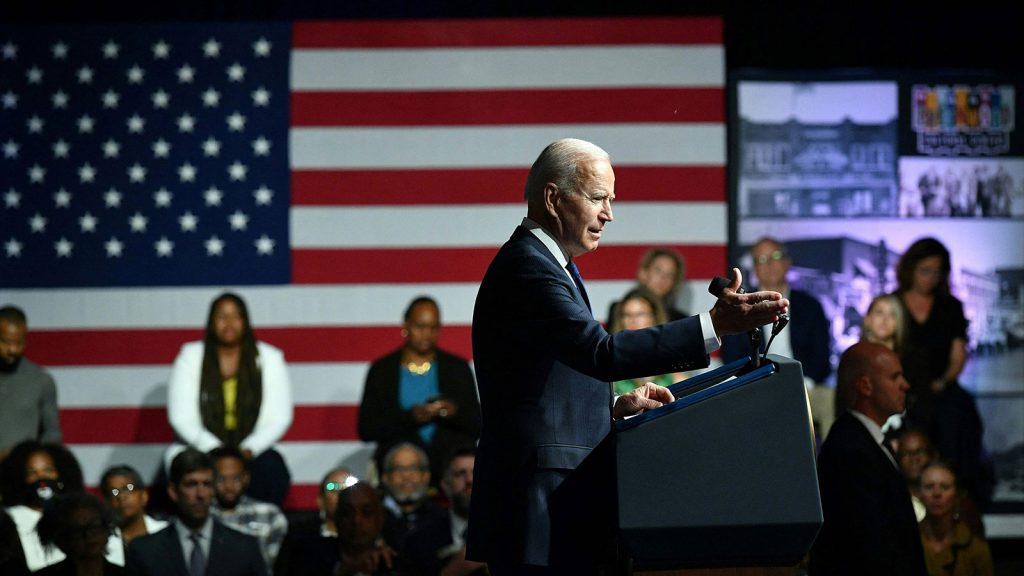
By Brian Freeman, Newmax The White House declined to back a proposal for three survivors of the 1921 Tulsa Race Massacre and other descendants affected by the riots to receive…
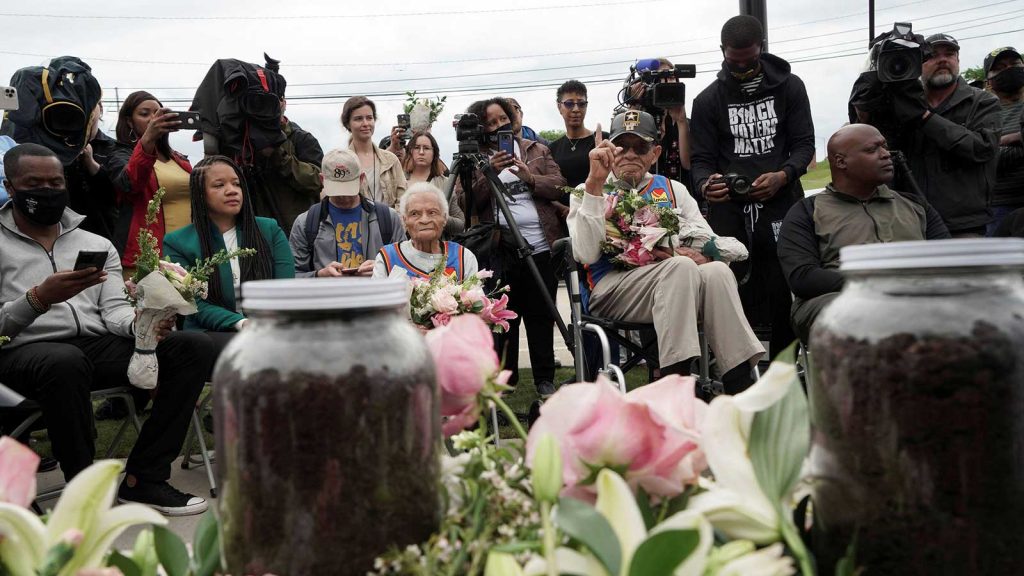
President’s speech marks 100 years since the mass killing as part of a day of remembrance for the hundreds of Black victims. By Edward Helmore In a speech marking 100…
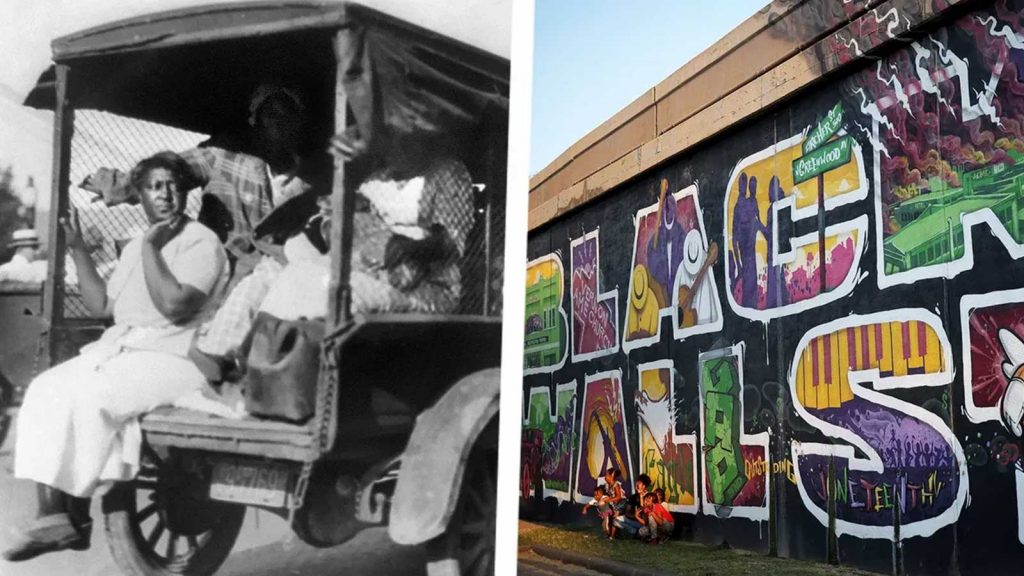
Descendants of the 1921 Tulsa Race Massacre are seeing their story being told, but have yet to receive reparations. By Melanie McFarland Documentaries and news reports marking the centennial of the…
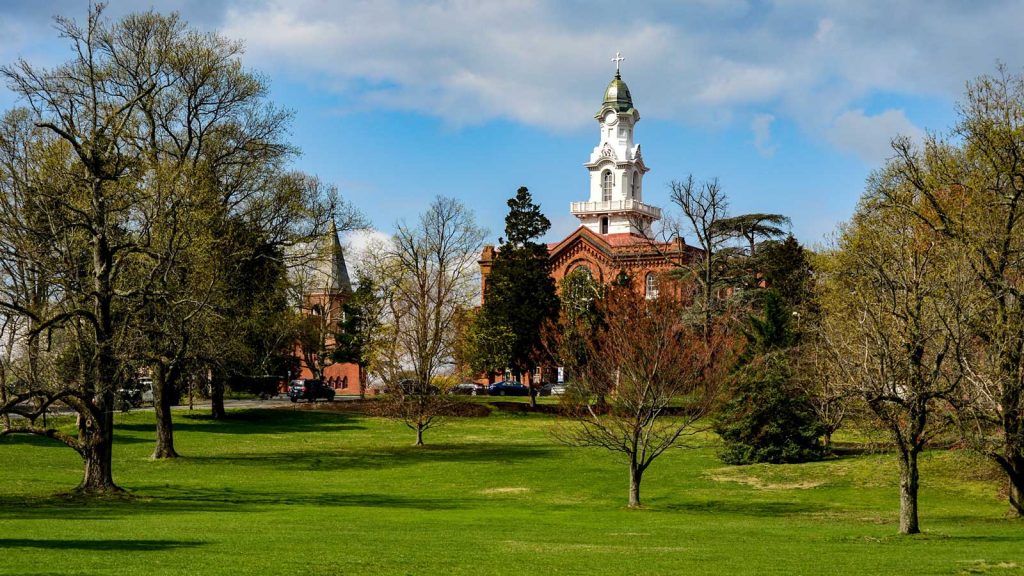
The Virginia Theological Seminary is giving cash to descendants of Black Americans who were forced to work there. The program is among the first of its kind. By Will Wright,…
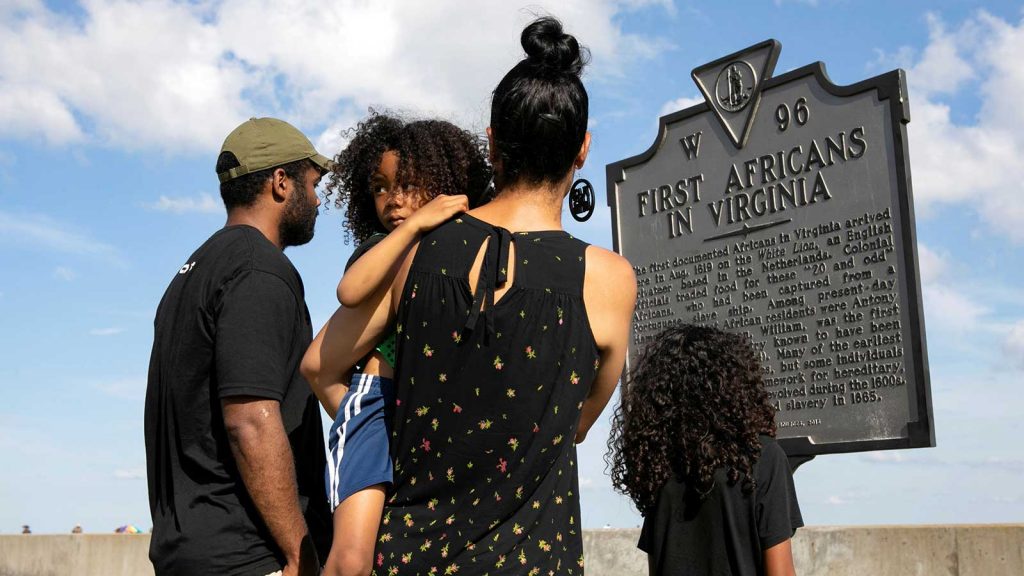
As the G.O.P. seeks to deny Americans knowledge of their own history, Nikole Hannah-Jones is denied tenure. By Jelani Cobb, The New Yorker Late last month, when Senator Tim Scott,…

By George Yancy, Truthout There is so much grieving that Black people have yet to do. The grammar of our suffering from anti-Black racism has yet to be fully created….

By Fay Horwitt, Lanessa Owens-Chaplin and Trevor Smith Pop culture has made Tulsa, Oklahoma, and the violence that destroyed its Greenwood community the center of conversation in ways that it never…
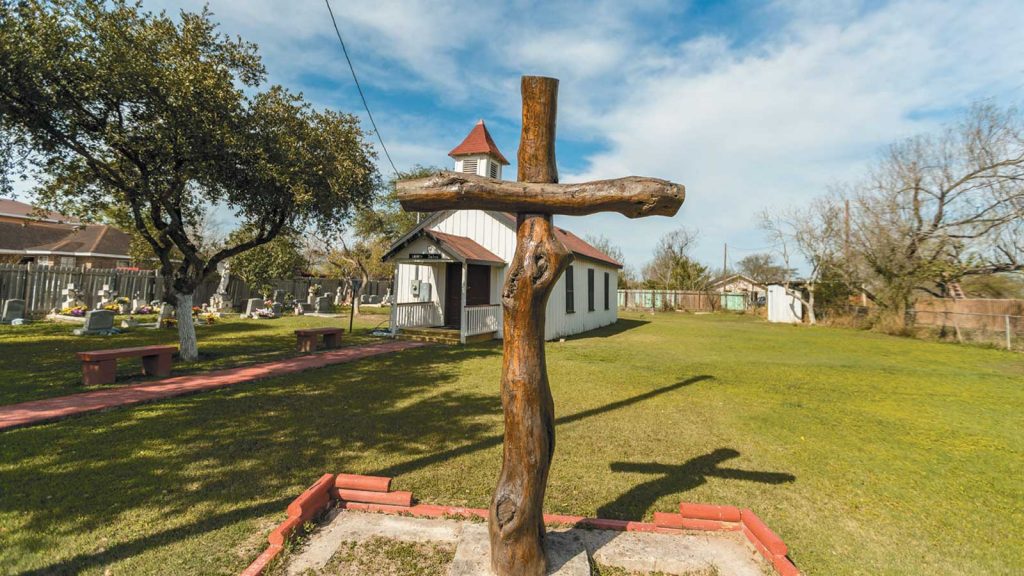
A new book tells the forgotten story of fugitive slaves who found freedom south of the border. David S. Reynolds, The New York Review There has long been a fascination…

By DeNeen L. Brown, Washington Post — After hearing emotional testimony from three survivors of the 1921 Tulsa Race Massacre, a Georgia congressman introduced a bill Friday that would make…
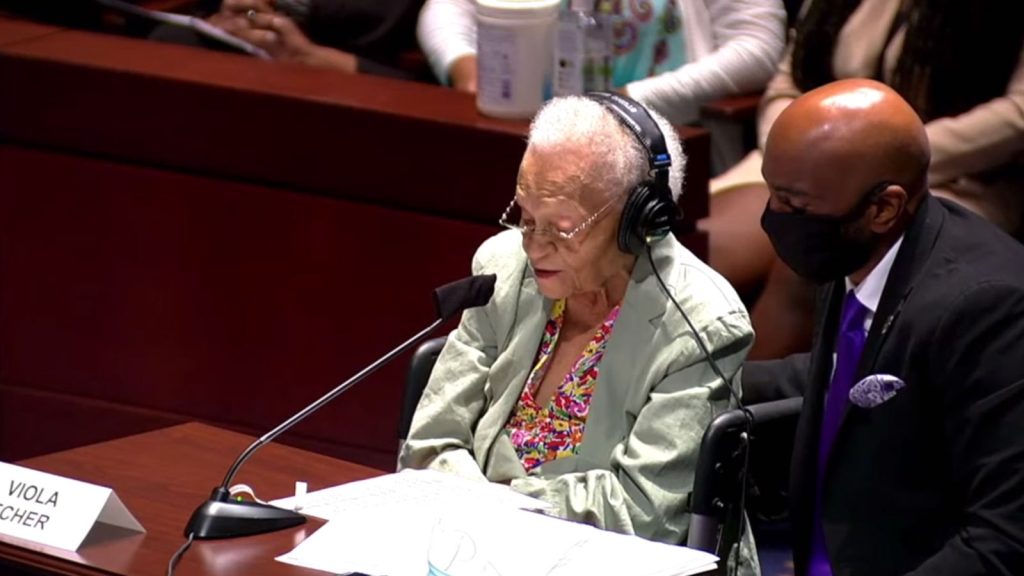
By Carla Hinton, Oklahoman — Editor’s note: The following may include first-person accounts of the 1921 Tulsa Race Massacre contain graphic depictions and antiquated racial terminology. We have chosen not…
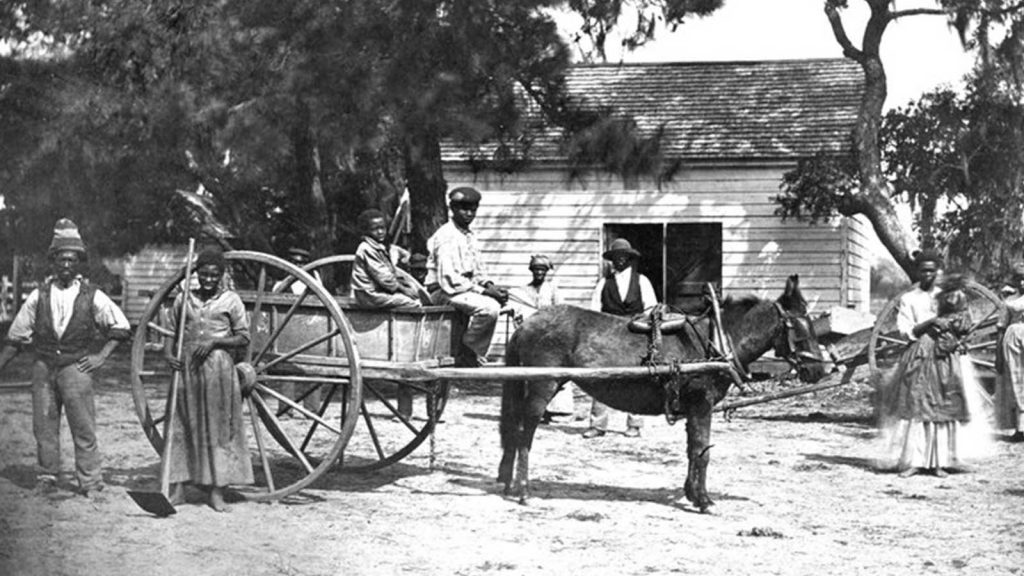
Paying compensation to the descendants of slaves would not just right a historic wrong, it would transform the US economy for the better. By Aaron White, openDemocracy — When I…














